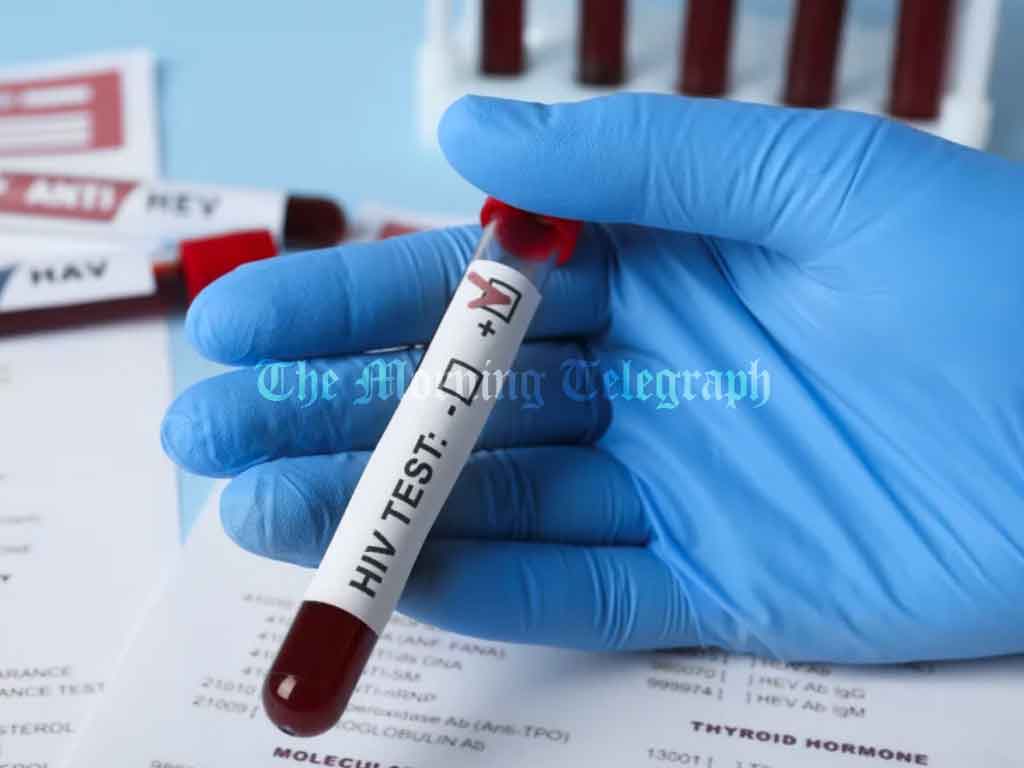
The National STD and AIDS Control Program has raised alarm over the increasing number of HIV infections, particularly among young people aged 15 to 24. Dr. Vindya Kumaripelli, the director of the program and a Community Health Specialist, revealed that 15 percent of the 694 new HIV cases reported in Sri Lanka last year were in this age group. This uptick in cases marks a disturbing trend in the spread of the virus, especially in the younger demographic.
During a media conference at the Health Promotion Bureau, Dr. Kumaripelli explained that the surge in HIV cases among young people can be attributed to several factors. One significant contributor is the growing use of mobile phones and online platforms to find sexual partners, which exposes young individuals to greater risk of engaging in unprotected sex. She stressed that these modern technologies have made it easier for people to meet new partners, but have also increased the risk of transmission due to a lack of awareness about safe sex practices.
Another critical factor in the rise of new infections is the ongoing deficiency in comprehensive sex education. Dr. Kumaripelli noted that many young people lack the knowledge to make informed decisions about sexual health, which makes them more vulnerable to HIV and other sexually transmitted infections (STIs). Additionally, the increasing prevalence of substance abuse among youth has compounded the issue, as drug use can impair judgment and lead to risky sexual behavior.
The increase in HIV cases among young people is not just a local concern, but part of a larger global trend. According to Dr. Kumaripelli, early intervention and prevention programs are crucial in reversing this trend. She called for a comprehensive approach that includes improved sex education in schools, increased public awareness campaigns, and more accessible healthcare services, including HIV testing and counseling.
Dr. Kumaripelli also highlighted the importance of addressing the stigma surrounding HIV, which can prevent individuals from seeking the necessary treatment and support. Encouragingly, the National STD and AIDS Control Program is working to create a more inclusive and supportive environment for those affected by the virus.
As Sri Lanka continues to fight the growing HIV epidemic, the public health community is urging parents, educators, and healthcare professionals to join forces in providing young people with the tools they need to protect themselves from HIV and other STIs.




